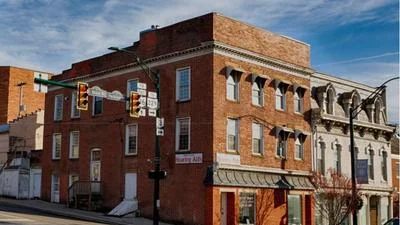(THE CENTER SQUARE) – An Ohio policy group is continuing its fight against cities in the state collecting income taxes from people who do not work in those cities.
The Buckeye Institute filed an appeal with Ohio’s Sixth District Court of Appeals in a case challenging the authority of the cities of Toledo and Oregon to tax nonresidents who do not work within those cities because of the COVID-19 pandemic.
The original lawsuit was filed in March 2021 on behalf of Joel and Summer Circo of Maumee, Ohio, and Chris Ackerman of Walbridge, Ohio. A Lucas County judge dismissed it in December, and The Buckeye Institute filed its notice of appeal in January.
“Ohio law does not allow cities to take income taxes from workers based upon ‘let’s pretend’ you performed work in a different city than you actually did,” said Jay Carson, senior litigator for The Buckeye Institute. “The Buckeye Institute believes the Ohio Supreme Court’s directive – that cities can only tax nonresidents on work that is performed within the taxing city’s limits – has been misapplied and that Ohio’s emergency-based local income tax system is not only unfair to workers, it violates the due process requirements of the U.S. and Ohio constitutions.”
The plaintiffs worked from home, outside of cities of Toledo and Oregon, but were required to pay municipal income taxes to those communities.
The lawsuit is one of five similar cases filed by The Buckeye Institute. Two others are on appeal, one has yet to have a judgement made and the other was settled in favor of the group’s client.
The Ohio General Assembly passed legislation at the beginning of the pandemic that allowed cities to continue to collect taxes from workers even though they worked remotely in another city rather than working in the city where the employer was located. It was an effort to stabilize revenue for municipalities, and, in particular, larger communities, where larger employers are based.
The House passed a bill in June that required employees to pay income taxes in the city where they work. If work is done at home, then that community benefits, rather than where the traditional workplace is located.
Sen. Kristina Roegner, R-Hudson, introduced a bill in Feb. 2021 that returns the state’s income tax law to prepandemic regulations, meaning most employees pay taxes in the city they live and the city they work.
Senate Bill 97, still in committee, repeals a pandemic stopgap passed by the Ohio Legislature that allowed cities that are the home to businesses to continue to collect income taxes from employees who worked from home in another community.


